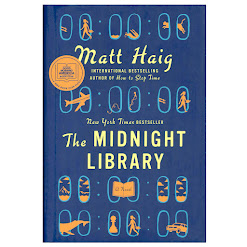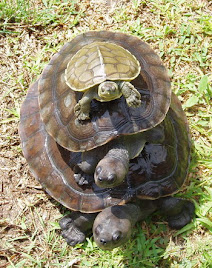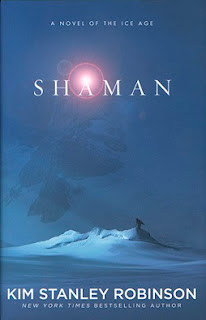A not-so-sweet mystery in Sugar Town Queens

Book: Sugar Town Queens Author: Malla Nunn Listened to on audiobook read by Bahni Turpin I didn't know what "sugar town" meant when I started reading Sugar Town Queens. Which was a little silly, because I'd just been to a sugar town. But somehow I didn't put two and two together. In the book, Sugar Town is a shanty town outside (if I recall correctly) Cape Town in South Africa. It is eventually explained that it's named that because the town borders the sugarcane fields, and is where much of the sugar refinement and processing occurs. That's when it finally clicked for me. Sugar cane fields as they should be viewed: in the morning sunlight through a dirty windshield. I'd recently been to a sugar town in Mexico (Mahuixtlán), and although that sugar town was much less destitute, the concept of one-stop sugarcane harvesting and processing held true. Approaching Mahuixtlán, I'd seen the sugarcane crops being harvested in a field, then loaded...



